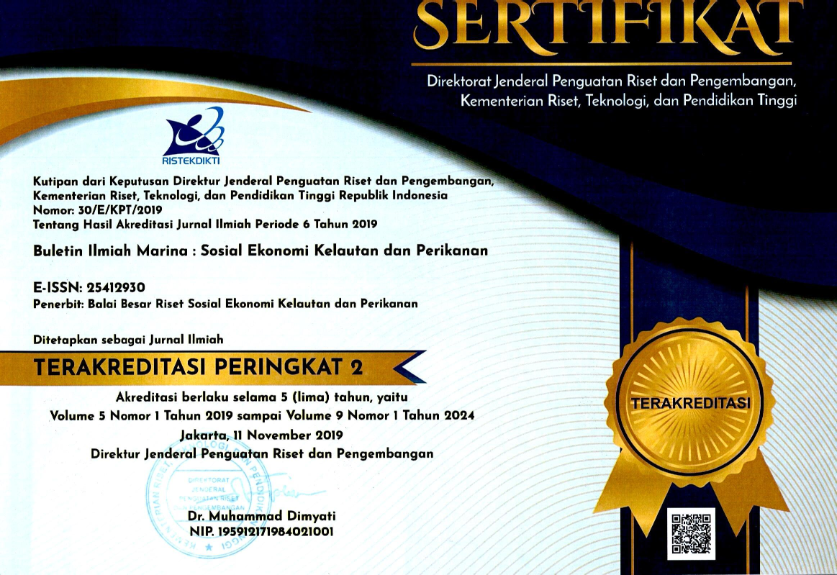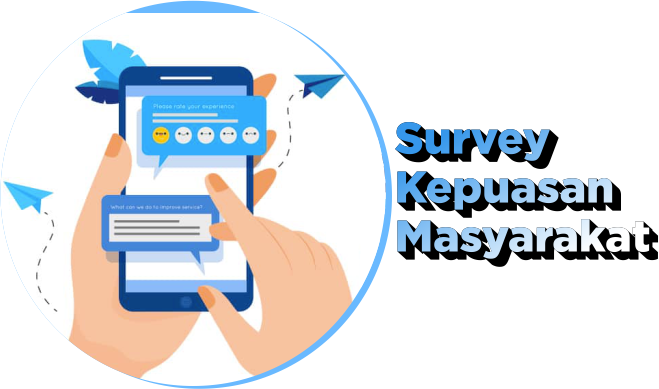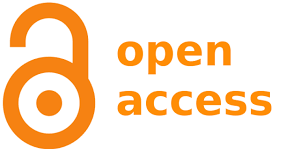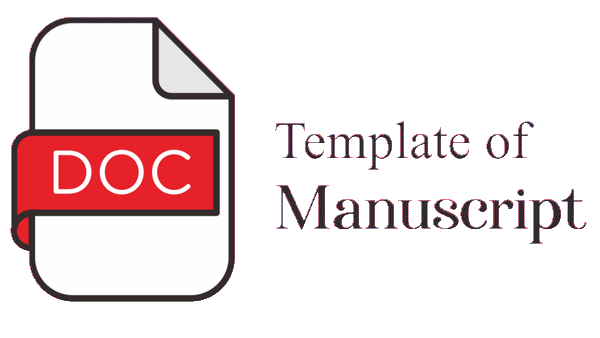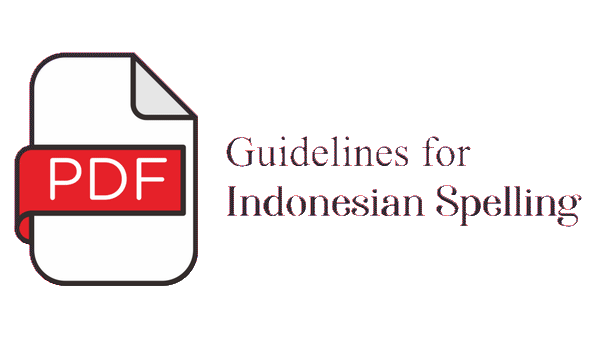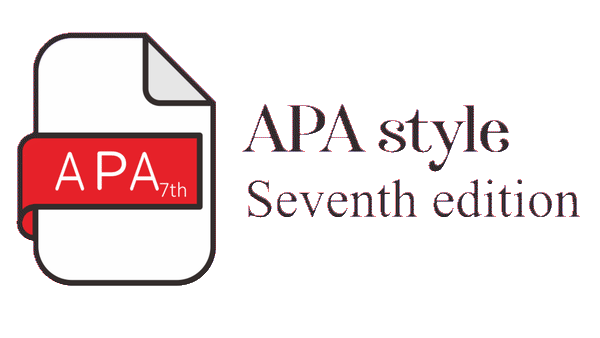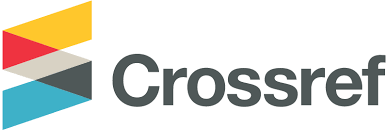Interaksi Sistem Sosial Ekologi Ekosistem Mangrove di Wilayah Pesisir Desa Teluk Awur, Kabupaten Jepara, Provinsi Jawa Tengah
Abstract
Ekosistem mangrove memiliki berbagai manfaat dari aspek ekologi, sosial ekonomi, hingga aspek fisik. Mangrove juga menyediakan jasa ekosistem yang dapat diperoleh secara langsung maupun secara tidak langsung oleh manusia. Aspek sosial dan ekologis di dalam ekosistem mangrove merupakan sebuah kesatuan yang tidak terpisahkan didalam pendekatan pengelolaannya. Penelitian ini bertujuan untuk menganalisa interaksi sistem sosial ekologi (SES), dan memformulasikan konektivitas SES untuk perbaikan tata kelola ekosistem mangrove di Desa Teluk Awur, Kabupaten Jepara, Provinsi Jawa Tengah. Penelitian dilakukan pada bulan Mei 2023. Pengambilan data sosial ekologi dilakukan dengan menggunakan metode participatory mapping dan participatory data collection yang meliputi observasi lapangan, wawancara, dan focus group disscusion (FGD). Hasil penelitian menunjukkan terdapat hubungan yang erat dari empat variabel SES yang terdiri dari Resource Unit (RU), Resources System (RS), Resources Actor (RA) dan Resources Governance (RG). Berdasarkan analisa jejaring hubungan antar variabel ditemukan bahwa, interaksi SES ekosistem mangrove di Desa Teluk Awur sangat dipengaruhi oleh Resources Actor. Terdapat 17 interaksi RA dengan 12 diantaranya interaksi yang memengaruhi. Sedangkan Resource Unit (RU) merupakan yang paling banyak dipengaruhi sebagai hubungan timbal balik satu sama lain. Hasil konektivitas SES didapatkan 24 konektivitas antar parameter di ekosistem mangrove Desa Teluk Awur. Interaksi antar parameter paling tinggi adalah pada parameter RA sebesar 50%. Mempertimbangkan hasil interaksi dan konektivitas antar variabel SES, maka perlu adanya rancangan strategi pengelolaan berfokus pada Resources Actor untuk mendukung keberlanjutan ekosistem mangrove di Desa Teluk Awur, Kabupaten Jepara, Provinsi Jawa Tengah.
Title: Social-Ecological System Interaction of Mangrove Ecosystem, in Coastal Area Teluk Awur Village, Jepara Regency, Central Java Province
The mangrove ecosystem offers various ecological, socio-economic, and physical benefits, providing services that directly or indirectly benefit humans. Both social and ecological aspects in the mangrove ecosystem are interconnected and should be managed in unison. This research aims to analyze the interaction of social-ecological systems (SES), and formulate SES connectivity for improving mangrove ecosystem management in Teluk Awur Village, Jepara Regency, Central Java Province. The research was conducted in May 2023, involved the use of participatory mapping and participatory data collection, including field observations, interviews, and Focus Group Discussions (FGD). The research findings highlight the close relationship between four SES variables consisting of resource unit (RU), resource system (RS), resources actor (RA), and resources governance (RG). Network analysis revealed that SES interaction in Teluk Awur Village was significantly influenced by resource actor (RA) with 17 interactions observed, with 12 of which were influential. Additionally, reciprocal relationships were found to have the most impact on the Resource Unit (RU). The results of SES connectivity depicted 24 connections between parameters in the mangrove ecosystem in Teluk Awur Village, with the highest interaction observed for the RA parameter at 50%. Considering these findings, it is essential to develop a management strategy that prioritizes resource actors to ensure the sustainability of the mangrove ecosystem in Teluk Awur Village.
Keywords
Full Text:
PDFReferences
Adrianto, L. (2023). Dekonstruksi teoretik dan empirik pengelolaan sumberdaya perikanan di Indonesia: Sebuah Pendekatan Social-Ecological System (SES). Orasi Ilmiah, IPB University, Bogor.
Alongi, D. M. (2015). The impact of climate change on mangrove forests. Current Climate Change Reports, 1, 30-39.
Anderies, J. M., Janssen, M. A., & Ostrom, E. (2004). A framework to analyze the robustness of social-ecological systems from an institutional perspective. Ecology and society, 9(1).
Asbridge, E., Lucas, R., Accad, A., & Dowling, R. (2015). Mangrove response to environmental changes predicted under varying climates: case studies from Australia. Current Forestry Reports, 1, 178-194.
Berkes, F. (2012). Implementing ecosystem‐based management: Evolution or revolution?. Fish and Fisheries, 13(4), 465-476.
Carpenter, S. R., & Folke, C. (2006). Ecology for transformation. Trends in ecology & evolution, 21(6), 309-315.
Cissé, A. A., Blanchard, F., & Guyader, O. (2014). Sustainability of tropical small-scale fisheries: Integrated assessment in French Guiana. Marine Policy, 44, 397-405.
Dinilhuda, A., Akbar, A. A., & Jumiati, J. (2018). Peran ekosistem mangrove bagi mitigasi pemanasan global. Jurnal Teknik Sipil, 18(2), 191-198.
Faisal, T. M., Putriningtias, A., Redjeki, S., Pribadi, R., Pratiwi, R., & Akbar, H. (2021). Biodiversitas udang pada ekosistem mangrove Teluk Awur, Jepara dan perbandingannya dengan beberapa kawasan ekosistem mangrove di Indonesia. Jurnal Pengelolaan Lingkungan Berkelanjutan (Journal of Environmental Sustainability Management), 722-735.
FAO. (2010). Global forest resources assessment 2010. FAO Forestry Paper No. 163. UN Food and Agriculture Organization, Rome.
Kamaluddin, A. (2019). Tingkat kerentanan dan adaptasi terhadap perubahan iklim berbasis ekosistem padi di Provinsi Sulawesi Selatan. Jurnal Dinamika Pengabdian (JDP), 5(1), 71-82. https://doi.org/10.20956/jdp.v5i1.8125.
Mitra, A., & Mitra, A. (2020). Ecosystem services of mangroves: An overview. Mangrove Forests in India: Exploring Ecosystem Services, 1-32.
Muhammad, D. T. N., & Mardiatno, D. (2022). Kerentanan pesisir pulau kecil (Studi Kasus: Pulau Karimunjawa Dan Kemujan). JFMR (Journal of Fisheries and Marine Research), 6(1), 91-103.
Mukherjee, N., Sutherland, W. J., Dicks, L., Huge, J., Koedam, N., & Dahdouh-Guebas, F. (2014). Ecosystem service valuations of mangrove ecosystems to inform decision making and future valuation exercises. PloS one, 9(9), e107706.
Noor, T., Batool, N., Mazhar, R., & Ilyas, N. (2015). Effects of siltation, temperature and salinity on mangrove plants. European Academic Research, 2(11), 14172-14179.
Ostrom, E. (2009). A general framework for analyzing sustainability of social-ecological systems. Science, 325(5939), 419-422.
Pradana, O. Y., Soenardjo, N., & Suryono, S. (2013). Kajian bioekologi dan strategi pengelolaan ekosistem mangrove: studi kasus di Teluk Awur Jepara. Journal of Marine Research, 2(1), 54-61.
Putri, T. D., Sunarsih, S., & Muhammad, F. (2019). Analisis kerentanan sosial masyarakat dan adaptasi perubahan iklim di Kampung Gemblakan Atas, Kota Yogyakarta. In Proceeding Biology Education Conference: Biology, Science, Enviromental, and Learning (Vol. 16, No. 1, pp. 256-264).
Rochmayanto, Y. (2015). Tingkat kerentanan masyarakat terhadap perubahan iklim pada ekosistem pegunungan (Kasus di Gunung Talang Kabupaten Solok, Sumatera Barat). Jurnal Analisis Kebijakan Kehutanan, 12(2), 189-201.
Romadoni, A. A., Ario, R., & Pratikto, I. (2023). Analisa kesehatan mangrove di Kawasan Ujung Piring dan Teluk Awur menggunakan Sentinel-2A. Journal of Marine Research, 12(1), 71-82.
Shafiya, A. I., & Sapanli, K. (2019). Cost analysis of benefits and ecological social system green shell cultivation in Serang City. Jurnal Mina Sains, 5(2). https://doi.org/10.30997/jms.v5i2.2356
Utomo, B., Budiastuti, S., & Muryani, C. (2017). Strategi pengelolaan hutan mangrove di Desa Tanggul Tlare Kecamatan Kedung Kabupaten Jepara. Jurnal Ilmu Lingkungan, 15(2), 117-123.
Vegh, T., Jungwiwattanaporn, M., Pendleton, L., & Murray, B. (2014). Mangrove ecosystem services valuation: state of the literature. NI WP, 14-06.
Villamayor-Tomas, S., Oberlack, C., Epstein, G., Partelow, S., Roggero, M., Kellner, E., Tschopp, M., & Cox, M. (2020). Using case study data to understand SES interactions: a model-centered meta-analysis of SES framework applications. Current opinion in environmental sustainability, 44, 48-57
Vo, Q. T., Künzer, C., Vo, Q. M., Moder, F., & Oppelt, N. (2012). Review of valuation methods for mangrove ecosystem services. Ecological indicators, 23, 431-446.
Widyastuti, G., Suryanti, S., Febrianto, S., Latifah, N., & Ain, C. (2023, August). Potential absorption carbon stock of mangrove in Teluk Awur and Tanggul Tlare, Jepara Regency. In IOP Conference Series: Earth and Environmental Science (Vol. 1224, No. 1, p. 012015). IOP Publishing.
Windusari, Y., Sarno, S., Saleh, E., & Hanum, L. (2014). Substrate characteristics and its impact on distribution of mangrove species: a case study in Sungai Barong Kecil in The Sembillang National Park at Banyuasin, South Sumatra. Berkala Penelitian Hayati, 20(1), 82-86.
DOI: http://dx.doi.org/10.15578/marina.v10i2.14299
Refbacks
- There are currently no refbacks.
Indexed by:
---------------------------------------------------------------------------------------
Published by
Balai Besar Riset Sosial Ekonomi Kelautan dan Perikanan
in collaboration with
Indonesian Marine and Fisheries Socio-Economics Research Network

This work is licensed under a Creative Commons Attribution-NonCommercial-ShareAlike 4.0 International License.

